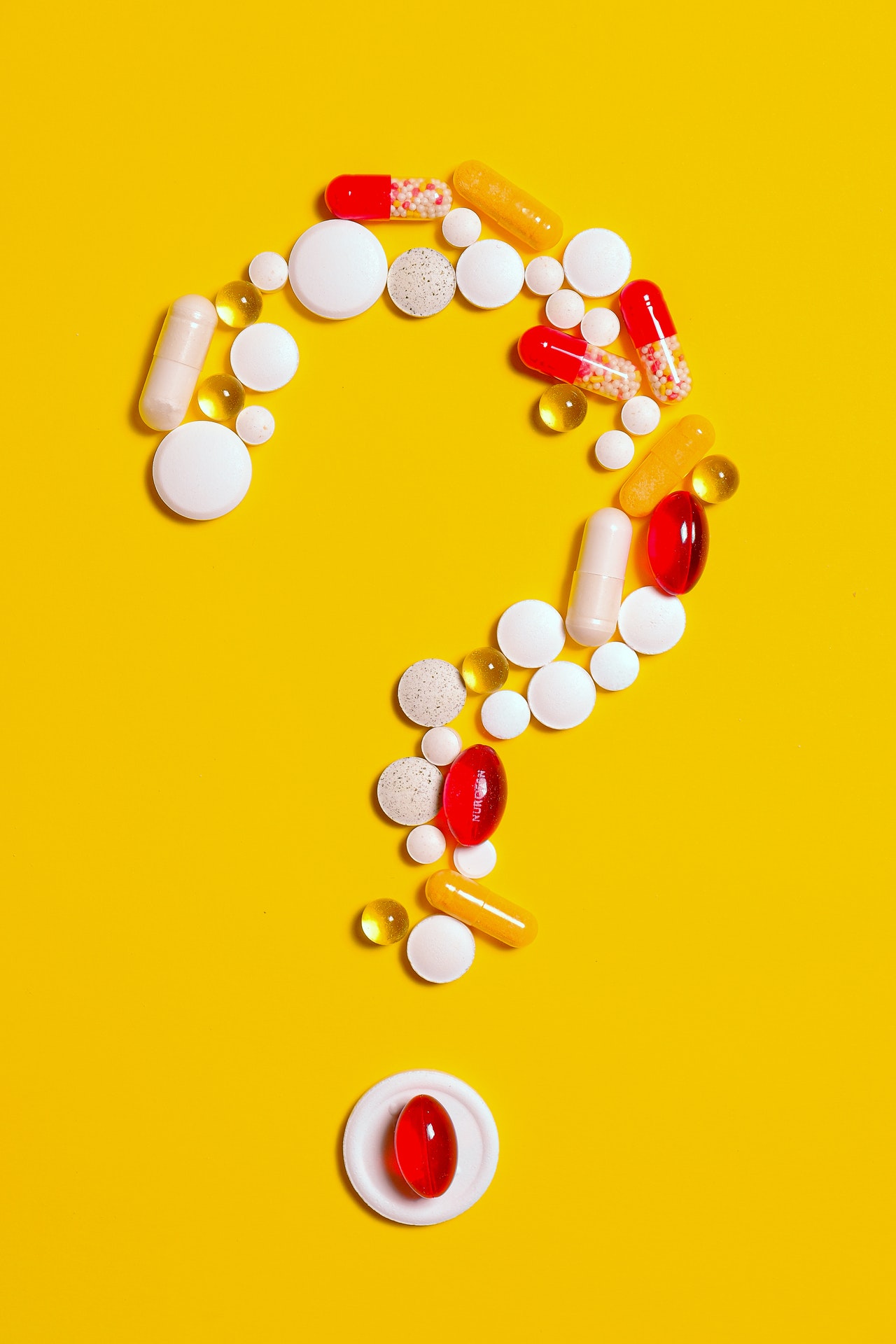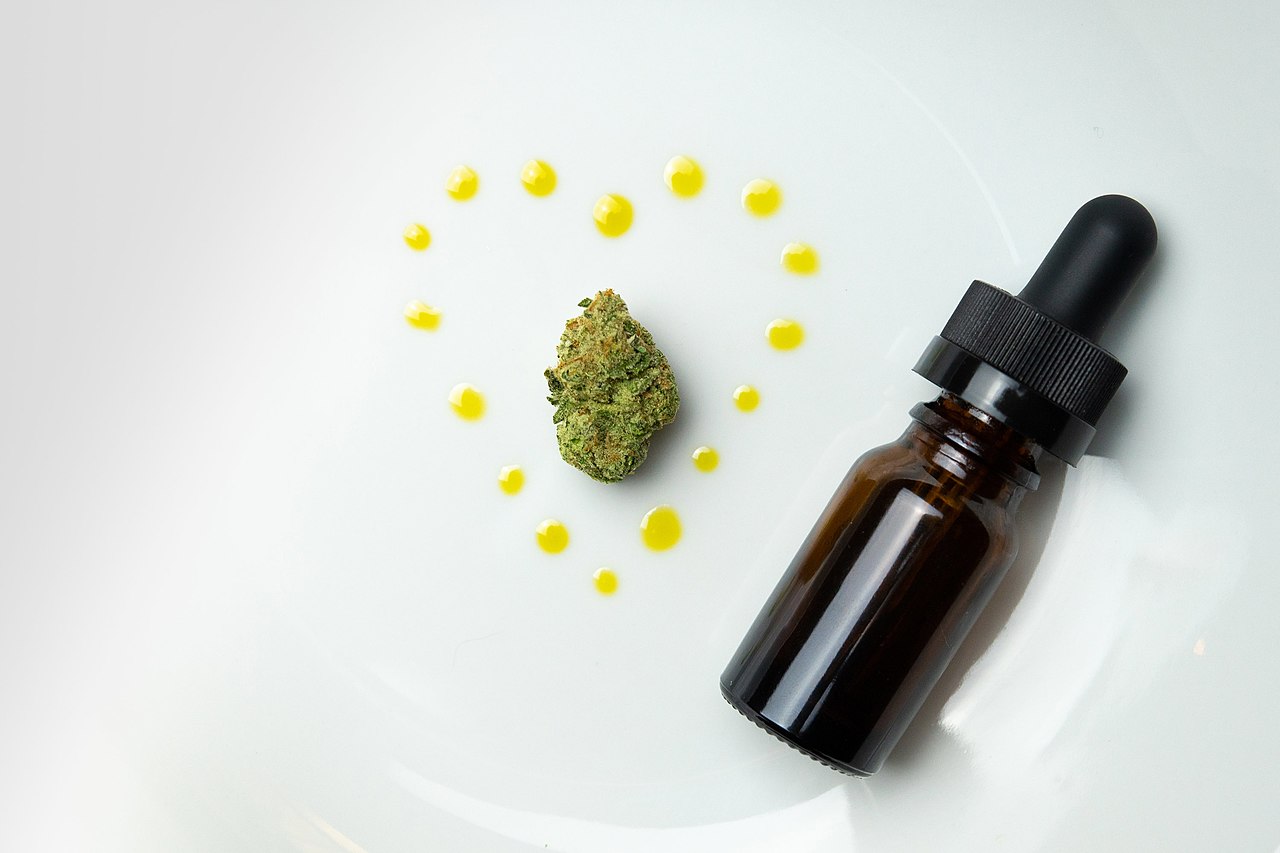 Prescription medication can create outcomes that are nothing short of miraculous for many conditions that affect both our mental and physical health. At the same time, they can also create addictions that have destructive effects on both, often to the point of death. This problem has been created by the fact that prescription drug addiction often starts with legitimate use.
Prescription medication can create outcomes that are nothing short of miraculous for many conditions that affect both our mental and physical health. At the same time, they can also create addictions that have destructive effects on both, often to the point of death. This problem has been created by the fact that prescription drug addiction often starts with legitimate use.
What creates that possibility? Which drugs can we use without undue concern about addiction, and which ones should we be most concerned about? While countless pharmaceuticals on the market carry the potential for addiction, certain ones are more problematic. Here are some of the most addictive drugs.
Oxycontin
Perhaps the best-known addictive prescription drug, Oxycontin is a synthetic opioid used to treat severe pain. Many people become addicted after using it legitimately to relieve pain after they are injured on the job or while playing sports. Many other patients receive Oxycontin for the treatment of cancer. There are less-powerful options that you can request from your provider.
Demerol
Another product in the opioid family is Demerol, a synthetic opioid. This family of drugs mimics the performance of those derived from opium, found in poppy seeds. Initially thought to be less addictive than similar medications, Demerol was quickly found to be just as problematic. Its use now is limited mainly to the relief of pain during childbirth. Still, the risk of dependence and addiction remains.
Ritalin
Widely known as a treatment for attention-deficit disorder, Ritalin is now high on the list of most abused drugs. Initially misused to improve focus and energy, Ritalin is now crushed and snorted like many other drugs, leading to serious addiction. Adding to the addiction problem is that Ritalin is also used to ease methamphetamine dependence, sometimes shifting patients from one addiction to another.
Xanax
Psychological disorders are widely treated today, and Xanax is frequently the solution. This drug is commonly used to address anxiety issues, usually panic attacks. While it has proven effective in this intended use, it has the disadvantage of serious addiction potential. Many users graduate to crushing and snorting this product as well, with long-term dependency very likely.
Ambien
We all want a good night’s sleep each night, but many of us struggle to achieve that. Ambien is a widely-used sleep aid that can help the user fall asleep faster. Unfortunately, there have been many cases of dependency and addiction caused by heavy reliance on this drug. Simply put, the user becomes so accustomed to the drug’s effectiveness that he or she stops trying to sleep without it. In time, addiction and abuse can result.
So, What’s The Solution?
From this review of prescription drugs that commonly lead to addiction, it’s probably obvious what they all have in common. In each case, the drug has a legitimate use–pain relief, improved sleep, reduction of anxiety, and many others. In each case, the drug also has chemical characteristics that create a response in the user’s body. If the user doesn’t get the medication regularly, severe symptoms of withdrawal can result. That is what we know as addiction.
Addiction is a powerful force in the human body. Without question, it is much easier to prevent a prescription drug addiction than to cure one. Of course, that doesn’t make a difference when someone is already addicted. Once that has happened, quality drug treatment is critical.
In time, many addictions can be cured. Still, it’s far better to understand which drugs are most problematic and why, and then to avoid those medications to reduce the chances of becoming addicted in the first place.
Of course, that is not always possible. There are so many addictive drugs that we can’t possibly remember all of them. Because they all have legitimate uses, we can become addicted without misusing the prescription.
Fortunately, the near-epidemic level of addiction in the world today has created opportunities for outpatient outpatient rehab for prescription drug abuse. An outpatient experience might include life skills coaching, spiritual guidance, mindfulness activities, group outings, health and fitness education, therapy, and other forms of treatment. Rehabilitation of this caliber can help overcome physical and psychological symptoms of withdrawal, because the patient receives emotional support and help in eliminating the triggers that may have contributed to abuse.
Drug addiction can be deadly. It’s important to do everything possible to avoid addiction and seek treatment immediately when signs of dependency emerge.








